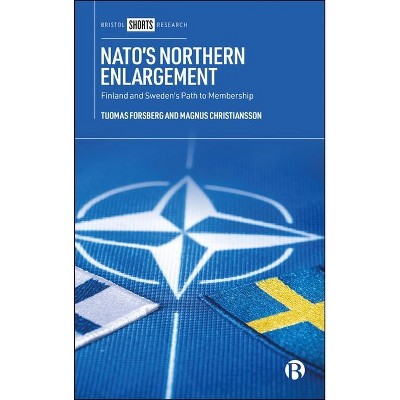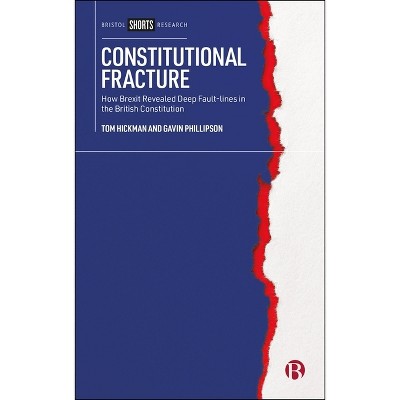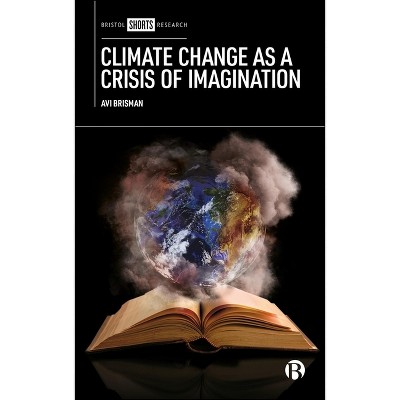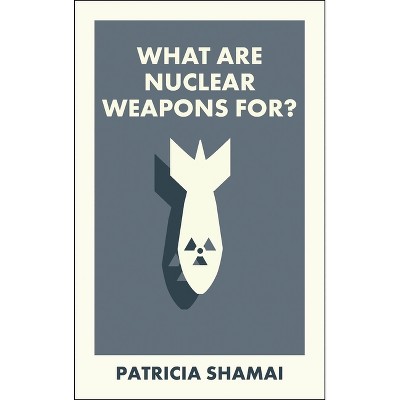Sponsored

Timelines for Modernity - by Barry Buzan (Hardcover)
In Stock
Sponsored
About this item
Highlights
- This groundbreaking book develops a new periodization for understanding contemporary international history.
- About the Author: Barry Buzan is Professor Emeritus at the London School of Economics and Political Science and a Fellow of the British Academy.
- 192 Pages
- Political Science, Political Process
Description
Book Synopsis
This groundbreaking book develops a new periodization for understanding contemporary international history. It challenges West-centric approaches by setting up timelines appropriate for a global approach to International Relations.
Shifting the focus beyond great power wars, it incorporates economic, societal and environmental changes to redefine what constitutes significant historical moments for both the Global North and South. It uncovers pivotal turning points in the 1840s, 1970s and now, that highlight the formation, dominance, unravelling and replacement of the Western world order. It offers new foundations for understanding both how we arrived at where we stand today and what might lie ahead.
Review Quotes
'This short book carries a big punch - the way we think about periodization in International Relations is either limited or wrong. With his customary clarity and verve, Barry Buzan outlines a novel approach to periodization, taking the Global South as seriously as the Global North. The result is a wider, but also deeper, way of thinking about the periods that underpin modern world politics. This highly stimulating book should be read by IR scholars and students alike.' George Lawson, Austrian National University
"1648/1919/1945/1979/1991 versus 1840s/1970s/2020s-2030s as key temporal benchmarks of International Relations and International Political Economy? Buzan's seminal, agenda-setting book makes the non-Eurocentric case for the latter." John M. Hobson, University of Sheffield
About the Author
Barry Buzan is Professor Emeritus at the London School of Economics and Political Science and a Fellow of the British Academy.










